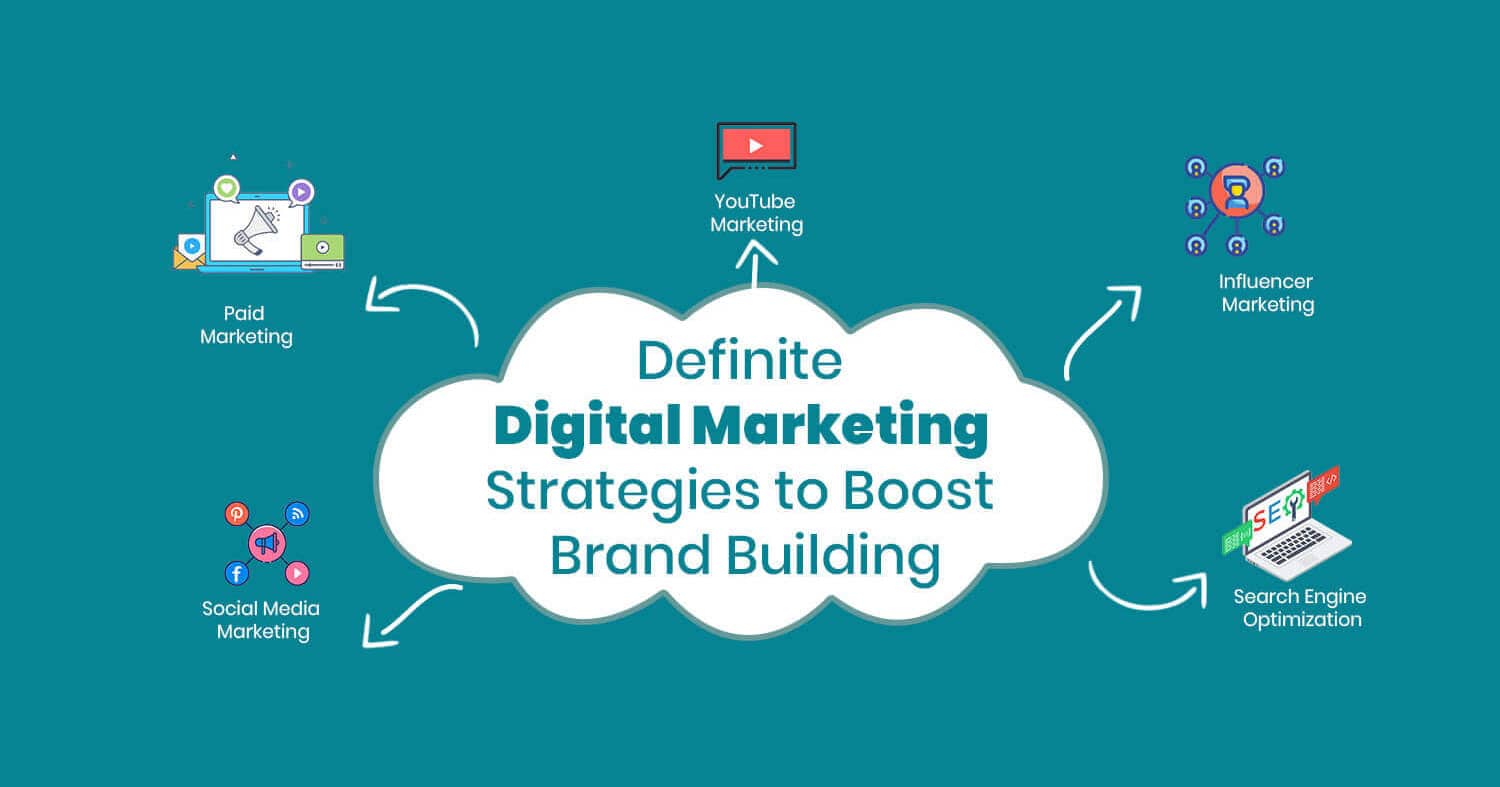Performance Marketing: The Key to Driving Results
Performance marketing is a type of digital marketing that focuses on driving measurable results, such as clicks, conversions, or sales.Pay-per-click (PPC) advertising is a model where businesses only pay when someone takes a desired action, such as clicking on an ad or making a purchase. In other words, businesses only pay when their ads are effective.
Performance marketing is a popular choice for businesses of all sizes because it is a way to track the effectiveness of their marketing campaigns and get a return on their investment (ROI). It is also a way to target their marketing efforts to specific audiences, which can help them reach their desired goals.
There are many different types of performance marketing campaigns, but some of the most common include:
- Search engine marketing (SEM): This involves bidding on keywords so that your website appears at the top of search engine results pages (SERPs).
- Display advertising: This involves placing ads on websites, in apps, or on social media.
- Email marketing: This involves sending promotional emails to a list of subscribers.
- Social media marketing: This involves using social media platforms to reach and engage with potential customers.
- Affiliate marketing: This involves partnering with other businesses to promote their products or services.
Performance marketing can be a complex and challenging field, but it can also be very rewarding.By understanding the basics of performance marketing and choosing the right strategies for your business, you can drive results and achieve your goals.
Here are some of the benefits of performance marketing:
- Measurable results: Performance marketing campaigns are designed to generate measurable results, such as clicks, conversions, or sales. This allows businesses to track the effectiveness of their campaigns and make necessary adjustments to improve their results.
- Targeted audiences: Performance marketing campaigns can be targeted to specific audiences, such as people who have visited your website, expressed interest in your products or services, or have certain demographics.This helps businesses reach their target customers and get the most out of their marketing budget.
- Return on investment (ROI): Performance marketing campaigns can help businesses track their ROI, which is the amount of money they make from their marketing campaigns compared to the amount of money they spend on them.This helps businesses make sure that they are getting a good return on their investment.
- Scalability: Performance marketing campaigns can be scaled up or down as needed, which makes them a flexible and adaptable marketing strategy. This is important for businesses that are growing or that want to reach a wider audience.
Here are some of the challenges of performance marketing:
- Competition: The performance marketing landscape is very competitive, which means that businesses need to be creative and strategic in order to stand out from the crowd.
- Technical expertise: Performance marketing campaigns can be complex and require technical expertise. Therefore, this can be a challenge for businesses that do not have the in-house resources to manage their own campaigns.
- Data analysis: Performance marketing campaigns generate a lot of data, which can be difficult to analyze and interpret.Therefore, this can be a challenge for businesses that do not have the right tools or resources to make sense of their data.
Despite the challenges, performance marketing can be a very effective way to drive results for businesses of all sizes.By understanding the basics of performance marketing and choosing the right strategies for their business, businesses can overcome the challenges and achieve their goals.
Here are some tips for creating successful performance marketing strategies campaigns:
- Set clear goals: What do you want to achieve with your performance marketing campaign? Do you want to increase website traffic, generate leads, or drive sales?
- Target your audience: Who are you trying to reach with your campaign? What are their interests and needs?
- Choose the right channels: Which performance marketing channels are the best fit for your business and your goals?
- Create compelling content: Your ads and landing pages should be informative, persuasive, and relevant to your target audience.
- Track your results: Track your performance marketing campaigns to see what’s working and not.
- Make adjustments: As you learn more about your campaigns, you may need to make adjustments to your strategies. This is an ongoing process.
Follow these tips to create successful performance marketing campaigns that achieve your business goals.


